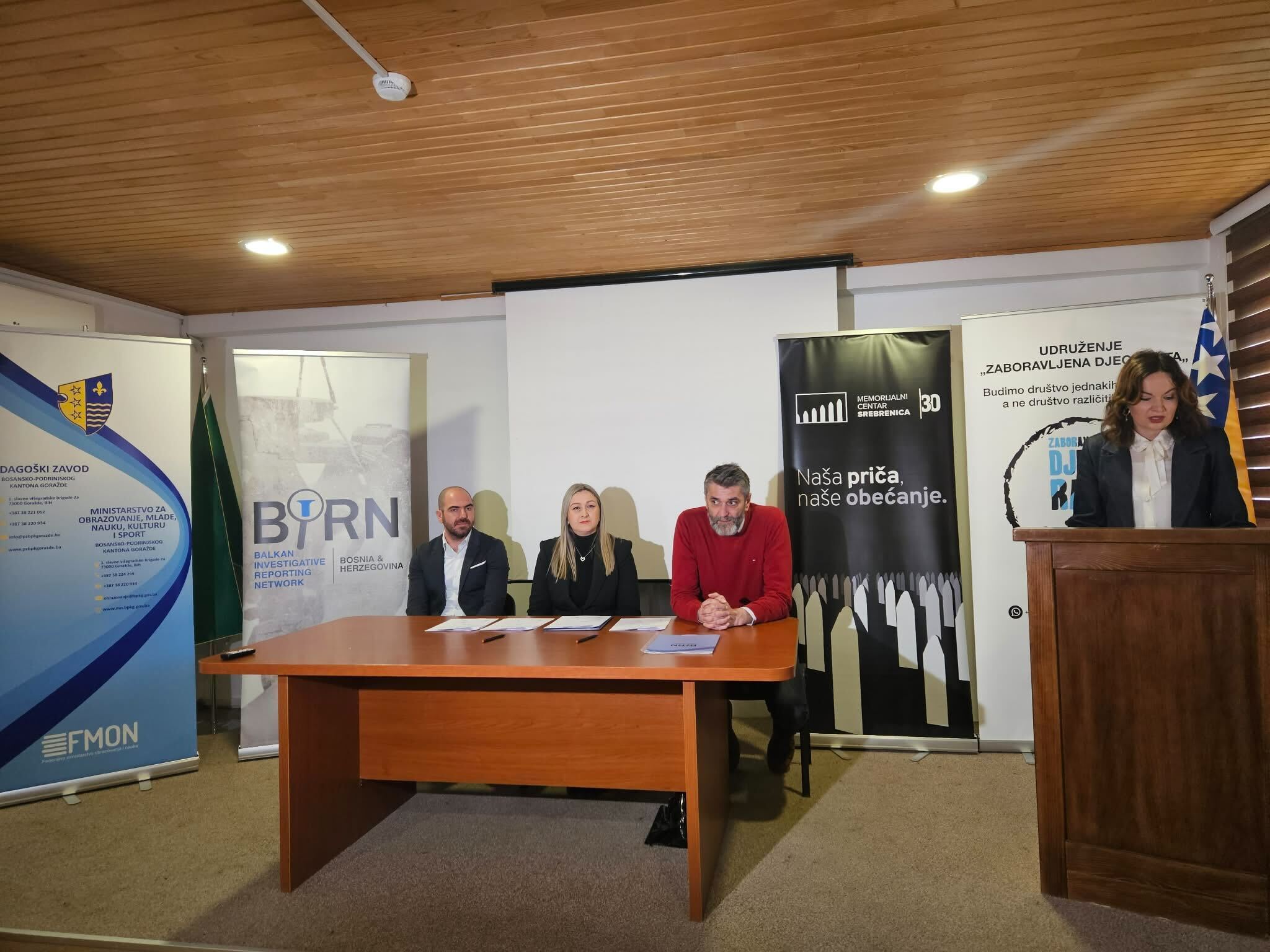This post is also available in: Bosnian
The Council of Ministers of Bosnia and Herzegovina has adopted a State Strategy for Processing War Crimes, which envisages that all war crime cases will be processed within the next 15 years.
According to the Strategy, which has already been made available to the public, the courts and prosecution in Bosnia and Herzegovina have registered a total of 9,879 pending cases pertaining to war crimes. Among these are 1,781 cases referring to identified perpetrators. At the same time, institutions at various levels are conducting investigations against 5,895 suspects.
Chairman of the Council of Ministers Nikola Spiric said that the Strategy is “important as it represents a systematic approach to the war crimes issue.” He noted that a working conclusion that was also adopted by the Council of Ministers mandates the securing of resources in order to ensure full implementation of the Strategy.
The Strategy does not prescribe the scale of material and technical resources needed in order to process all war crimes cases, but it does require the High Judicial and Prosecutorial Council of Bosnia and Herzegovina to define how much money needs to be invested in material and personnel capacity.
This should be done “in cooperation with competent courts and prosecututorial and police bodies, on the basis of a financial estimate of the costs and dynamics of processing cases completed to date.”
Spiric told media that competent ministries would ask international donors to provide financial help for implementation of the Strategy.
The State Strategy for War Crimes Processing was prepared by a Working Group whose members were selected by the Ministry of Justice of Bosnia and Herzegovina. The Working Group was headed by the State Prosecution. It was established in July 2007.
The Strategy accentuates the need for processing the most complex priority cases within the next seven years. These cases will be dealt with by the State Prosecution and Court. Under the Strategy, the State Prosecution is due to establish a central register of all pending cases by the end of January 2009, while the State Court is to keep a record of all confirmed indictments, as well as pronounced first and second instance verdicts pertaining to war crimes cases, starting from March 2003, when war crimes cases first came under the authority of the State Court.
The Court of Bosnia and Herzegovina will render decisions on referral of cases to lower courts or prosecutions. These decisions will be made on the basis of proposals from the State Prosecution according to clearly determined criteria, which are an integral part of this Strategy.
According to the Strategy, the Entity courts and the Brcko District Court will seek to follow the procedures applied by the State Court in war crimes cases.
There is a separate section in the Strategy, concerning protection of and support for victims and witnesses. Among other things, the Strategy foresees adoption of a Law on Witness Protection Programme, which has already been submitted to Parliament.
The strategy notes that in order to implement the measures referring to relocation of witnesses from Bosnia and Herzegovina to other countries, it will be necessary to conclude bilateral and multilateral agreements with destination countries and ensure additional resources for this purpose.
The Strategy further says that prosecutors and courts must apply the relevant provisions pertaining to summonses in war crimes cases in order to avoid the same witnesses being asked to testify on identical circumstances several times.
In trials before the courts in Bosnia and Herzegovina, efforts will be made to avoid asking witnesses who have already testified before the International Criminal Tribunal for the former Yugoslavia, ICTY, to testify again, if “it is possible to find another witness, who has credibility and direct information about the same circumstances.”
According to the Strategy, the State Prosecution and all other prosecutions will recruit psychologists, who will provide support to vulnerable witnesses.
The Strategy envisages better cooperation with other countries in the region concerning war crime cases.
Prime Minister Spiric said he was positive the Strategy would be implemented, as “it has been adopted by consensus.”

